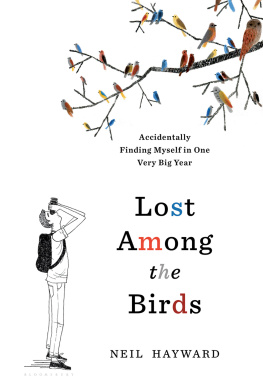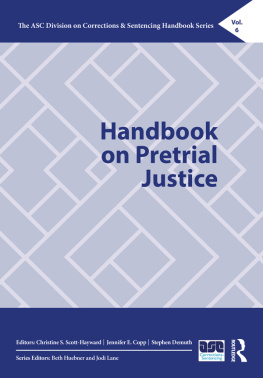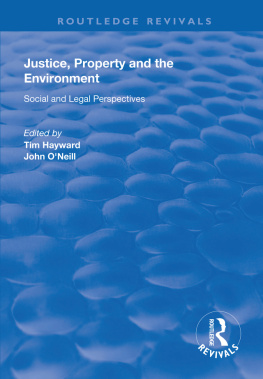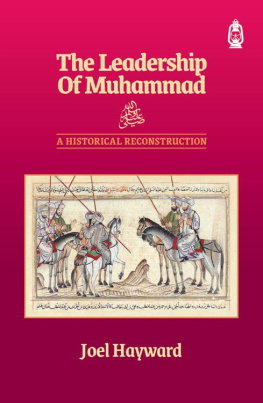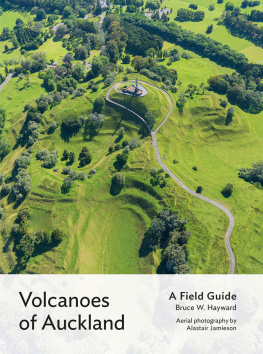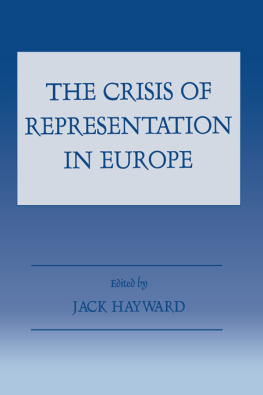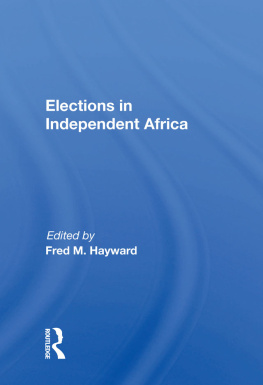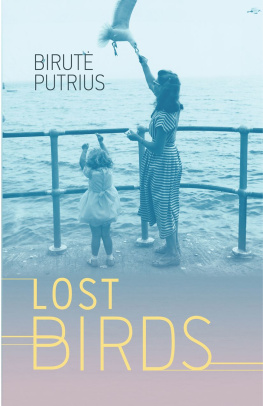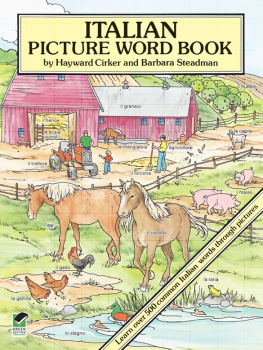Neil Hayward - Lost Among the Birds
Here you can read online Neil Hayward - Lost Among the Birds full text of the book (entire story) in english for free. Download pdf and epub, get meaning, cover and reviews about this ebook. year: 2016, publisher: Bloomsbury Publishing, genre: Detective and thriller. Description of the work, (preface) as well as reviews are available. Best literature library LitArk.com created for fans of good reading and offers a wide selection of genres:
Romance novel
Science fiction
Adventure
Detective
Science
History
Home and family
Prose
Art
Politics
Computer
Non-fiction
Religion
Business
Children
Humor
Choose a favorite category and find really read worthwhile books. Enjoy immersion in the world of imagination, feel the emotions of the characters or learn something new for yourself, make an fascinating discovery.
- Book:Lost Among the Birds
- Author:
- Publisher:Bloomsbury Publishing
- Genre:
- Year:2016
- Rating:4 / 5
- Favourites:Add to favourites
- Your mark:
- 80
- 1
- 2
- 3
- 4
- 5
Lost Among the Birds: summary, description and annotation
We offer to read an annotation, description, summary or preface (depends on what the author of the book "Lost Among the Birds" wrote himself). If you haven't found the necessary information about the book — write in the comments, we will try to find it.
Lost Among the Birds — read online for free the complete book (whole text) full work
Below is the text of the book, divided by pages. System saving the place of the last page read, allows you to conveniently read the book "Lost Among the Birds" online for free, without having to search again every time where you left off. Put a bookmark, and you can go to the page where you finished reading at any time.
Font size:
Interval:
Bookmark:
To Gerri, of course.

I see that it is by no means useless to travel, if a man wants to see something new.
Jules Verne, Around the World in Eighty Days
I once heard its a good thing for your blood to move around a bit, or, to use the technical term, circulate. I shift my weight cautiously from one frozen limb to the other, trying to get a good slosh going. My nose and ears feel pricked by a thousand bee stings, and my hands are considering applying for a more internal body position. The morning sun, hidden behind some unseen horizon, seems to have already given up for the day. The ground is concealed beneath a layer of loud crunching snow, and the surrounding woodland strains under the weight of sugarcoated branches. If my nose were doing what its supposed to do, instead of sending annoying burning sensations to a brain thats long since figured out that, yes, its cold, it would inform me of the surrounding sweet, lemony scent of eastern white pines and perhaps trigger a recent memory of Christmas, New Years Eve, and the passing of yet another year. All reasons enough for me to be thankful for living in the cold, brain-numbing north.
Why didnt I come yesterday when the bird was first found? Why do I never seem to be wearing enough clothes for this kind of ridiculousness? Did I forget to feed the cats? Did I leave my headlights on? The distant caws of American Crows yank me back from my inane mental wanderings and provide an eerie soundtrack to what could easily be the setting for some Nordic crime novel. Except there are too many witnesses toting too many optics: telescopes, binoculars, cameras. Ten other brave, shivering, ill-advised souls also seem to think coming here was a better idea than staying in bed or getting to work on time. As I approach the waiting birding flock, theres a brief exchange of nods and grunts. Its March 28, 2013, and its been four months since I last saw them, huddled around telescopes at a windy marsh on Cape Cod to watch a rare Little Egret, a ghostly white European heron, chasing after unsuspecting fish. I know more about which birds these folks have seen (and not seen) than I do about their real lives. They all share the same haunted look that almost certainly crosses my own iced facea look of desperation for a bird they all need, like heroin addicts itching for their next fix.
And thats when the magic happens. I hear the three words beloved by birders: There it is! A single bird flaps high above the tree line, crossing the wide forest clearing. The anticipation momentarily arrests my breathing. With a sense of fearWill I miss it? Will this be the only view?I lift my binoculars, lock onto the robin-size bird, and see the diagnostic flash of white on the underwings. Thats it! A Fieldfare! My breathing reboots, and the frozen stillness explodes with a stuttering of cameras and the oohing and aahing of grown men, like children at a fireworks display.
The collective sigh of relief is audible, as is the patting of backs. The brief appearance of this lost European bird has warmed the hearts of this mornings unusual rural gathering and defrosted the previously anxious demeanors. Now sated, we feel permission to talk, to share: Wow, did you see the pattern on the belly? Did you hear it call? What now?! Fieldfare? Where? Did I really forget to turn my headlights off? Although Ive seen Fieldfares many times in the English winters of my childhood, theres something special about seeing one here in Massachusetts, my new home. Im happy Im still not immune to the superlatives, the laughter, and the innocent joy this mornings bird has brought.
I watch the Fieldfare hopping around at the edge of the clearing. Now joined by a group of American Robins, its transatlantic cousins, it is easy to pick out by its gray face, yellow bill, and reddish-brown wings. Rows of black chevrons march their way down from a toffee-colored throat to a bright white belly. A white line above the eyea superciliumgives the bird a questioning look, as if its raising an eyebrow and asking us what all this fuss is about. And maybe it knows. Maybe it remembers taking a wrong turn and flying all the way across the wintry Atlantic, instead of apple picking across the orchards of Europe. Maybe it has noticed theres something odd about the other thrushes, the American Robins, with their brick-red breasts, slate-gray wings, and whiny accents. And maybe it realizes that its lost, that there are no other Fieldfares here and it may never see another one again. But what it almost certainly doesnt know is that its also a tick on my precious state list: number 371.
My Massachusetts list is one of the many birding lists I keep: year list, life list, US list, Lower 48 list, North American list, world list. Ive always kept lists, not just of birds but also of countries and states. Im the type of person who will drive one hundred miles from Colorado to the Wyoming border and then turn arounda tick (number 42, no less!) on my states visited list more than enough reward for the boring and selfishly gas-guzzling ride. (I once even kept lists of license plate numbers, which in the UK, where I grew up, are technically called registration plates; although it doesnt really matter what theyre calledother kids will still mock you relentlessly.) But its the birding lists that have meant the most. Some people experience serenity by seeing their home team win, others by spending time with a loved one or racing downhill on a mountain bike. For me, its watching birdsseeing them, identifying them, wondering what theyre doing, marveling at their powers of navigation, or simply taking in their exquisite beauty. I love birds.
The group slowly starts to peel away. A quieter sense of reality has replaced the earlier hysteria and the desperate fear of missing the bird. Its as if theyre adults again, suddenly embarrassed to find themselves here just to see a bird. I look around and can almost hear their thoughts: What am I going to tell my boss? Car trouble? Again? Maybe I can still make that meeting? Shitwhat time was I supposed to pick up Tommy? Wait! Did you guys really just see a Fieldfare? That childlike wonder of being subsumed into the natural world, of witnessing a rare event, has gone. Suddenly, it starts to feel cold again.
Unlike the others, Im in no particular hurry to leave. I dont have to be at work. I have no meeting to be late for. And I dont have to pick up Tommy. Instead, after mentally folding up my state bird list, I have another list to get back to: the what-the-hell-am-I-going-to-do-with-my-life list. Apparently, its not enough to see 371 birds in Massachusetts before youre forty (which, for me, is 288 days away, according to one list). Somehow, despite seeing a Resplendent Quetzal, an Ivory Gull, and a Laughing Kookaburra, Ive managed to miss all the things normal adults are supposed to do: marriage, kids, career, divorce, owning more than one set of sheets. I feel like that lost Fieldfare, knowing something isnt quite right, wondering where I took the wrong turn, and fearing the future. This is my real-life list, where there are no easy ticks.
I leave the Fieldfare, which is jabbing at a clump of frosted, bloodred, bittersweet berries, and head back through the whiteness, alone, to my car and back to reality. But something is different. Like Lucy stumbling through the warm fur coats in the wardrobe and suddenly spilling out into Narnia, I am about to embark on an adventure that will take me into my own secret world populated with feathery distractions. I will spend the rest of the year birding, desperately finding as many birds as I can, which really means Ill be avoiding real life as much as I canand Ill be successful in both. It will be a journey that takes me to the cardinal points of the continent: Barrow in the frozen north of Alaska; Newfoundland, poking out to Canadas east; the Dry Tortugas, dangling off the Florida Keys; and tiny Adak, adrift in the volcanic Aleutian chain of the Bering Sea. And a place they call New Jersey.
Next pageFont size:
Interval:
Bookmark:
Similar books «Lost Among the Birds»
Look at similar books to Lost Among the Birds. We have selected literature similar in name and meaning in the hope of providing readers with more options to find new, interesting, not yet read works.
Discussion, reviews of the book Lost Among the Birds and just readers' own opinions. Leave your comments, write what you think about the work, its meaning or the main characters. Specify what exactly you liked and what you didn't like, and why you think so.

